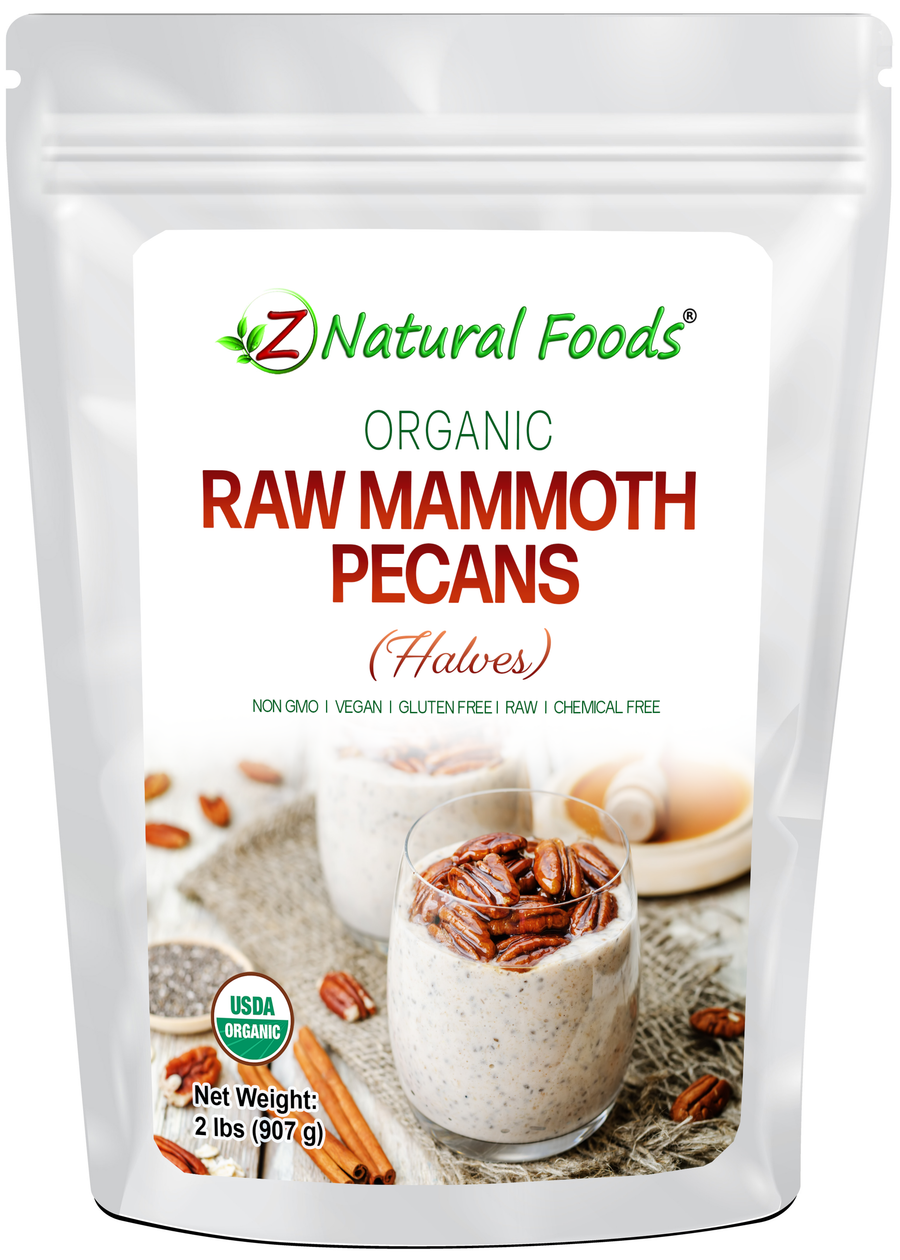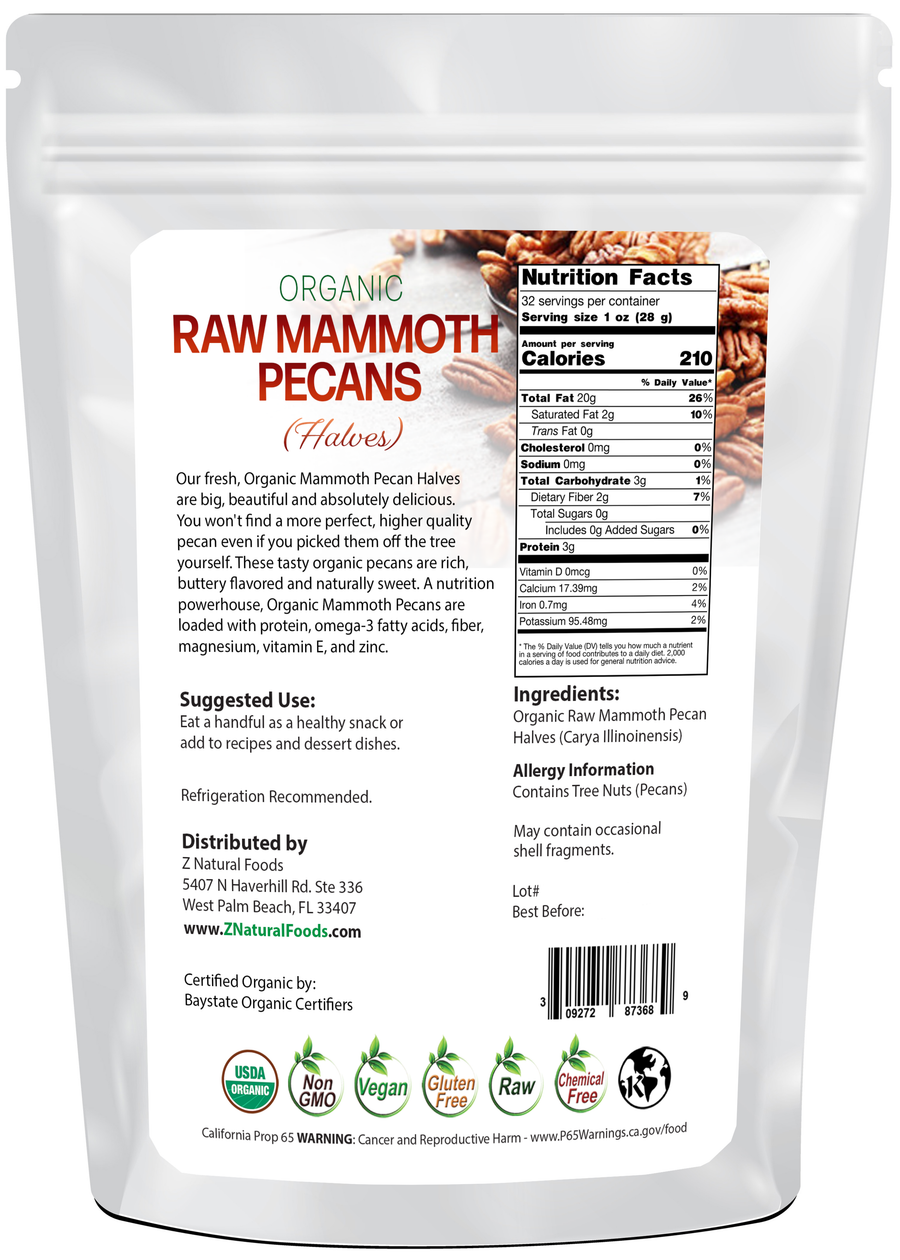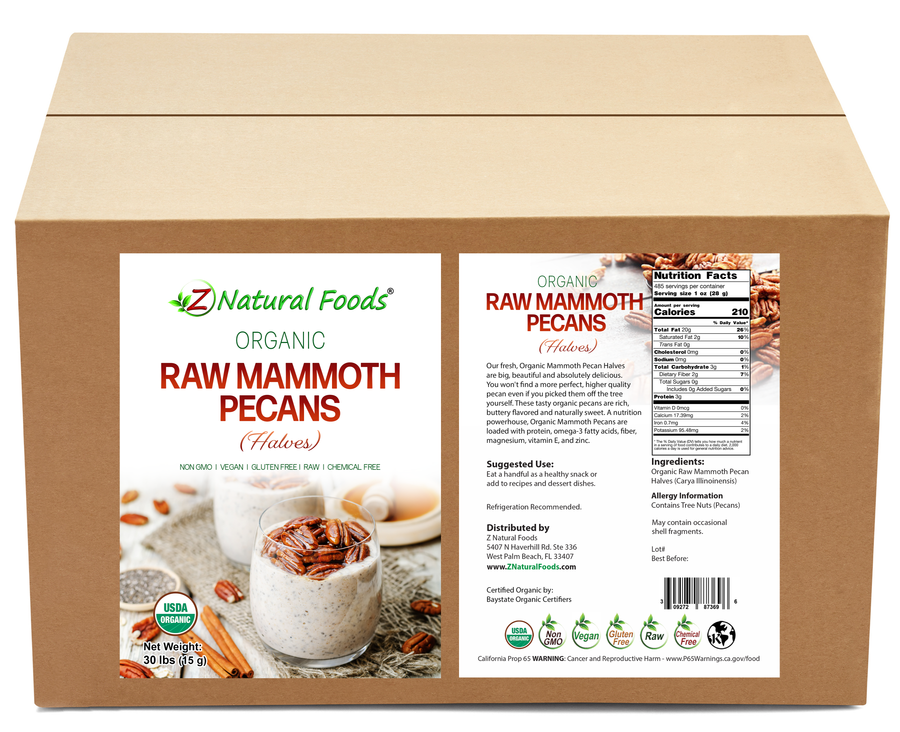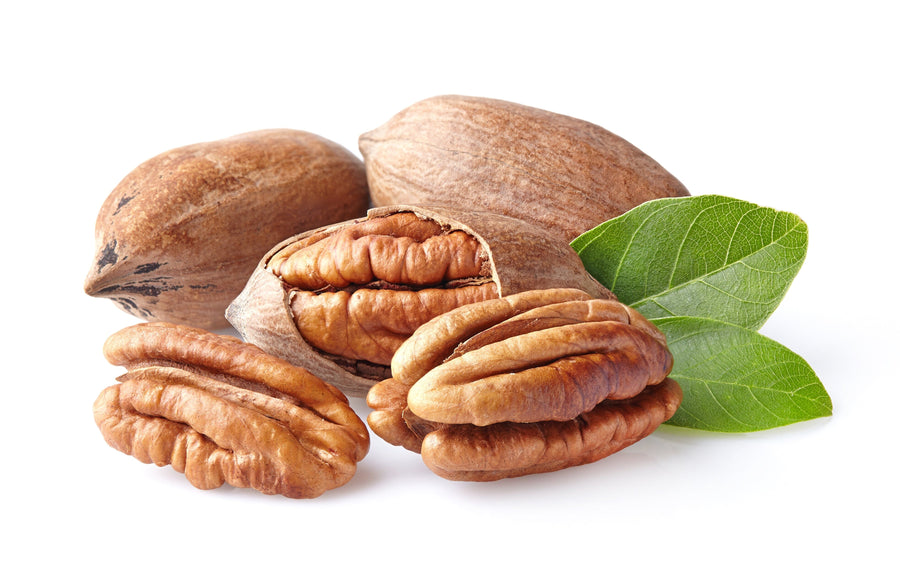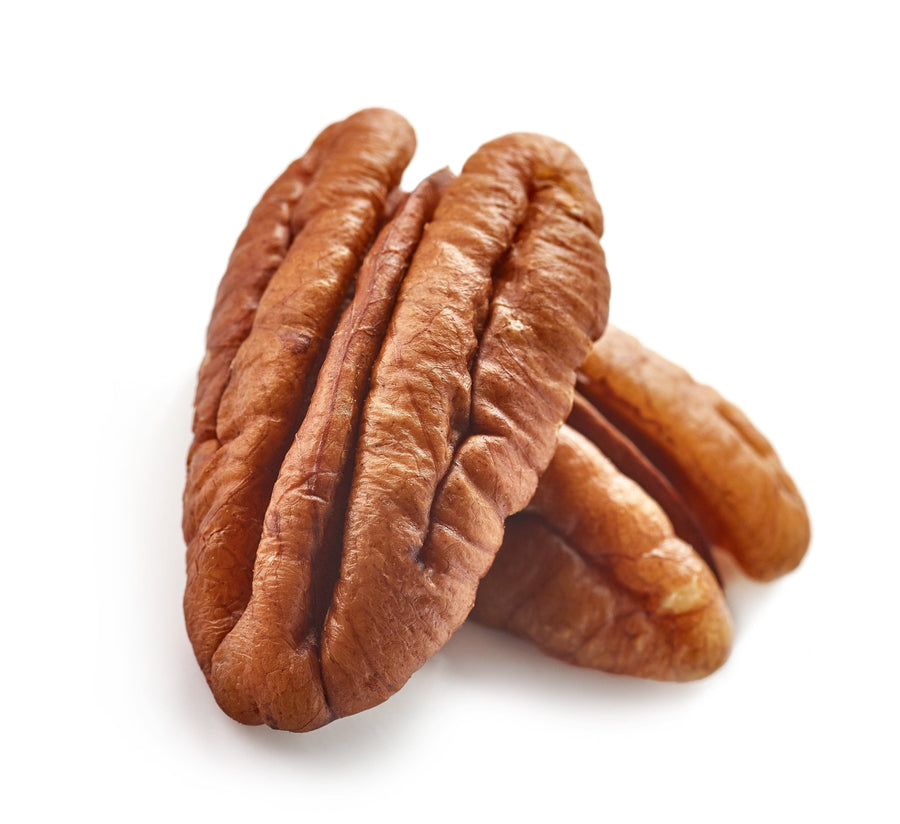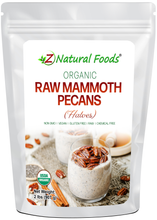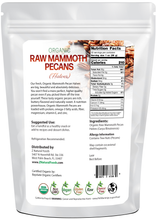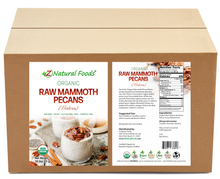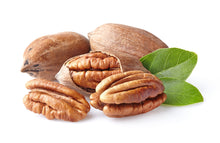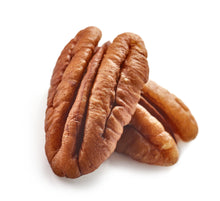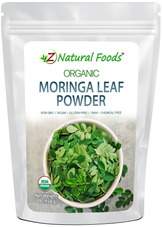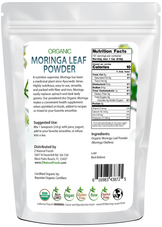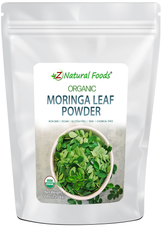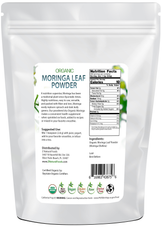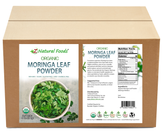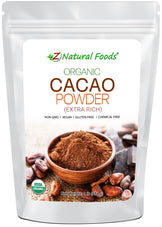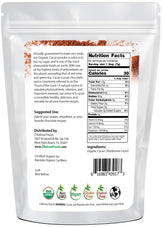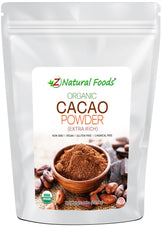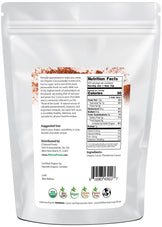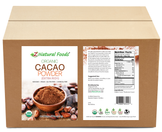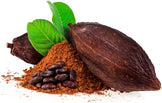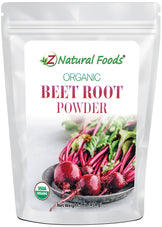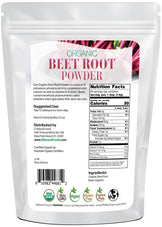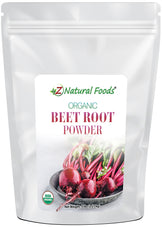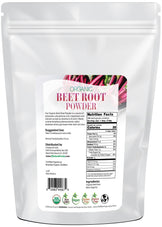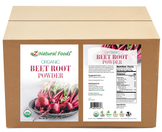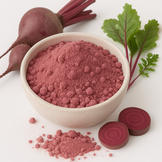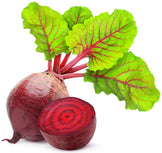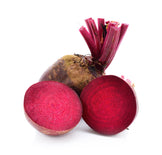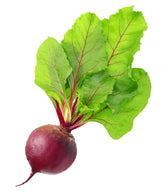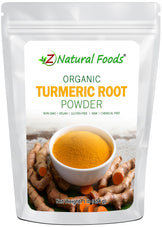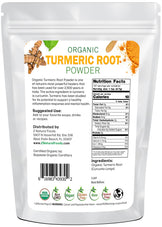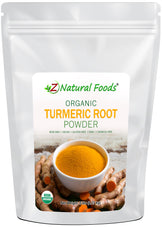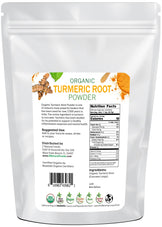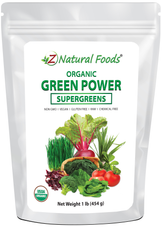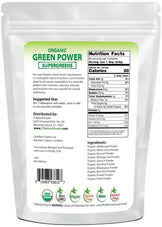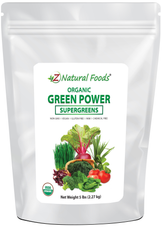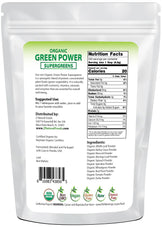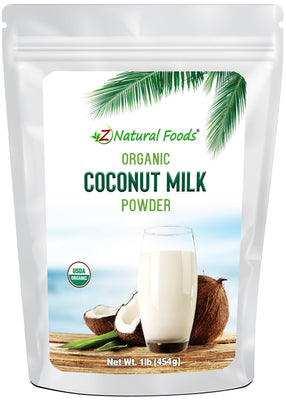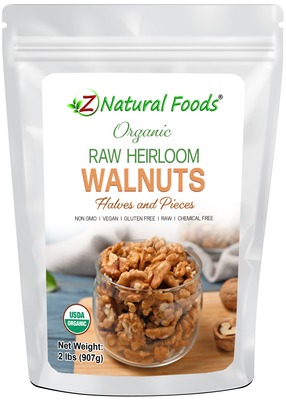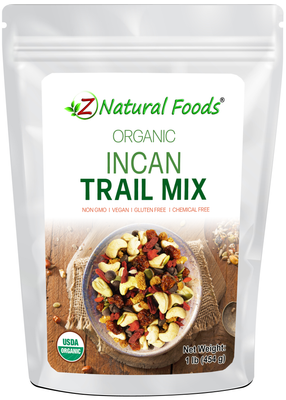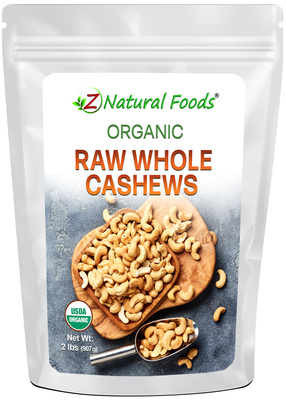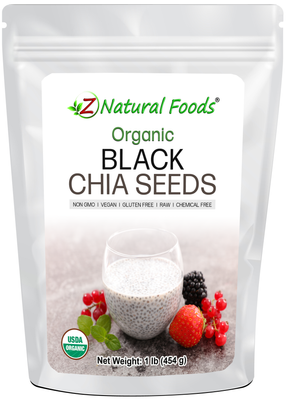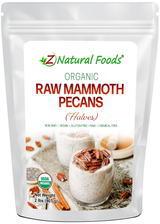About Product
Mammoth Pecan Halves are large, buttery nuts with a naturally sweet, rich flavor and tender crunch. Native to the United States, pecans have long been a favorite in both traditional and modern recipes, from pies and cookies to salads and savory dishes.
These premium halves are perfect for snacking straight from the bag or incorporating into baked goods, confections, and trail mixes. Convenient and versatile, mammoth pecan halves are a pantry staple for anyone who loves bold nut flavor and satisfying texture.
Some research suggests that Pecans may contain the following constituents:
- Minerals: Magnesium, Phosphorus, Zinc, Copper, Manganese, Selenium
- Vitamins: Vitamin C, Thiamin, Riboflavin, Niacin, Pantothenic Acid, Vitamin B-6, Folate, Choline, Betaine, Vitamin A (RAE), Beta carotene, Vitamin A (IU), Lutein & Zeaxanthin, Vitamin E, Beta Tocopherol, Gamma Tocopherol, Delta Tocopherol, Vitamin K
- Amino Acids: Tryptophan, Threonine, Isoleucine, Leucine, Lysine, Methionine, Cystine, Phenylalanine, Tyrosine, Valine, Arginine, Histidine, Alanine, Aspartic Acid, Glutamic Acid, Proline, Serine, Glycine
- Anthocyanidins: Delphinidin, Cyanidin
- Flavan-3-ols: Catechin, Epigallocatechin, Epicatechin, Epigallocatechin3-Gallate
- Proanthocyanidins: Proanthocyanidin Monomers, Proanthocyanidin Dimers, Proanthocyanidin Trimers, Proanthocyanidin 4-6mers, Proanthocyanidin 7-10mers, Proanthocyanidin (>10mers)
This product is 100% natural and minimally processed. Taste, smell, texture, and color vary from batch to batch.
Suggested Use: Eat a handful as a healthy snack or add to recipes and dessert dishes.
Mixing suggestions: To increase flavor and nutritional profile, add our organic sun-dried goji berries and 70% dark chocolate chips.
Botanical Name: Carya illinoinensis.
Other Names: Sweet Pecan, nogal morado, nuez encarcelada, pacanas.
Certifications: Certified USDA Organic.
Ingredients: Organic Raw Pecan Halves.
Origin: Grown in the USA. Packaged with care in Florida, USA.
How to Maintain Optimum Freshness
- This product is packaged in airtight stand-up, resealable foil pouches for optimum freshness.
- Once opened, push the air out of the pouch before resealing it to preserve maximum potency.
- Keep your powder in a cool, dark, dry place.
This product is 100% natural and minimally processed:
Taste, smell, texture, and color vary from batch to batch. Go here to learn why our products may naturally vary.
The important protections we take to bring you safe and nutritious superfoods:
Please go here to discover the essential steps we take to deliver fresh, quality nutrition.
Bulk Quantities?
Need to order a large quantity of our products? We are happy to help! Please get in touch with our Bulk department to discuss the details.
* Product packaging, pictures, and origin may vary.
Sources & References
1. Morgan, W.A. and Clayshulte, B.J. Pecans lower low-density lipoprotein cholesterol in people with normal lipid levels. J. Am. Diet Assoc., 100, 312, 2000.
2. Rajaram, S., Burke, K., Connell, B., Myint, T., and Sabate, J. A monounsaturated fatty acid-rich pecan-enriched diet favorably alters the serum lipid profile of healthy men and women, J. Nutr., 131, 2275, 2001.
3. Paten, B et al. (2008) Enredo and Pecan: genome-wide mammalian consistency-based multiple alignment with paralogs. Genome Res. 18 1814-28 PubMed
4. Pecan hickory, Morton Arboretum acc. 1082-39-3 photos by Bruce Marlin
5. USDA / Forest Service Agriculture Handbook 654, Silvics of Forest Trees of the United States, 1965
6. "Carya illinoinensis (Wangenh.) K. Koch". Germplasm Resources Information Network. United States Department of Agriculture. 2007-10-29. Retrieved 2009-10-15.
7. Flora of North America: Carya illinoinensis
8. "History of Pecans - National Pecan Shellers Association". Ilovepecans.org. Retrieved 2010-06-03.
9. Oklahoma Biological Survey: Carya illinoinensis
10. Bioimages: Carya fruits
11. Collingwood, G. H., Brush, W. D., & Butches, D., eds. (1964). Knowing your trees. 2nd ed. American Forestry Association, Washington, DC.
12. "What is a Praline?". Pralines.com. Retrieved 2010-06-03.
13. "Pecans at Texas A&M University". Pecankernel.tamu.edu. 2006-08-18. Retrieved 2010-06-03.
14. "Texas Pecan Growers Association". Tpga.org. Retrieved 2010-06-03.
15. Grant D. Hall. "Pecan Food Potential in Prehistoric North America". Economic Botany (New York Botanical Garden Press). JSTOR 4256253.
16. "University of Georgia Pecan Breeding". Cpes.peachnet.edu. Retrieved 2010-06-03.
17. "William Reid, Nut Crops Extension Specialist, University of Illinois". Retrieved 2010-06-03.
18. Allen V. Barker; D. J. Pilbeam (2007). Handbook of plant nutrition. CRC Press. pp. 399"“. ISBN 978-0-8247-5904-9. Retrieved 17 August 2010.
19. http://attra.ncat.org/attra-pub/pecan.html
20. "Nuts, pecans". Nutrition Facts. Nutrition Data. Retrieved 2009-10-09.
21. "Nuts, walnuts, english [Includes USDA commodity food A259, A257]". Nutrition Facts. Nutrition Data. Retrieved 2009-10-09.
22. "Frequent nut consumption and decreased risk of cholecystectomy in women - Tsai et al. 80 (1): 76 - American Journal of Clinical Nutrition". Ajcn.org. Retrieved 2010-06-03.
23. "LLUAHSC - Spring 2002 Newscope". Llu.edu. 2009-06-01. Retrieved 2010-06-03.
24. "TODAY - September 20, 2001 - LLU news". Llu.edu. 2009-06-01. Retrieved 2010-06-03.
25. "Pecans: Cholesterol Lowering Source of Antioxidants, Fiber, Vitamin E, Protein". Ilovepecans.org. Retrieved 2010-06-03.
26. "Pecans: Handful a Day Keeps Aging at Bay". UPI.com.
27. Donald E. Stone, et al. "New World Juglandaceae. II. Hickory Nut Oils, Phenetic Similarities, and Evolutionary Implications in the Genus Carya". American Journal of Botany (Botanical Society of America). JSTOR 2440634.
28. Paul Manos and Donald E. Stone, Evolution, Phylogeny, and Systematics of Juglandaceae, Missouri Botanical Garden Press Unknown parameter |publication= ignored (help)
29. USDA Pecan Breeding Program, National Clonal Germplasm Repository for Pecans and Hickories
30. https://en.wikipedia.org/wiki/Brunswick,_Missour
31. http://ndb.nal.usda.gov/ndb/foods
* Reviews & Success Stories Disclaimer
Product reviews solely reflect the views and opinions expressed by the contributors and not those of Z Natural Foods. Z Natural Foods does not verify or endorse any claims made in these reviews. Statements have not been evaluated by the FDA and are not intended to diagnose, treat, cure, or prevent any disease or health condition.REFERRAL PROGRAM
Share your personal link to your friends and welcome them with rewards. Claim yours when they make their first purchase.

GIVE
$10 off discount

GET
$10 off discount
Other products in the same category
Incan Trail Mix - Organic
$19.99
Chia Seeds - Organic Black
$12.09
